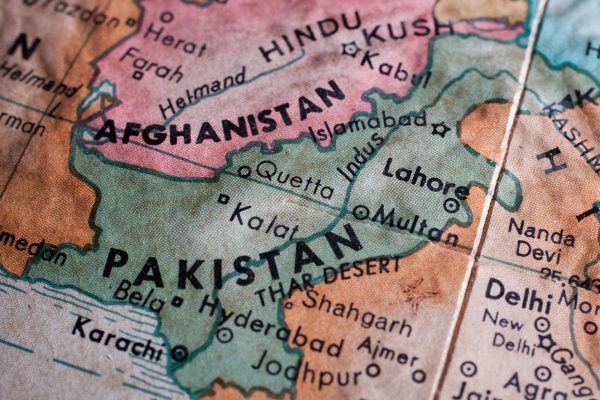The intricate dynamics between Pakistan and Afghanistan have consistently been marked by a mixture of collaboration and conflict. A pivotal element exacerbating this instability is the existence of terrorist factions, notably the Tehrik-e-Taliban Pakistan (TTP), operating along the porous border shared by the two countries. In recent times, tensions have escalated sharply as Pakistan has intensified military operations within Afghan territory, asserting that these actions target TTP terrorists who exploit Afghan land as a sanctuary.
This situation has resulted in a precarious standoff with the Afghan Taliban government, raising critical concerns regarding regional stability, national sovereignty, and the extent of governmental authority. In a recent surge of hostilities, Pakistan executed airstrikes within Afghanistan, claiming to focus on TTP hideouts. Pakistani officials reported the deaths of several senior TTP leaders during these operations. However, the Afghan Taliban, which has governed Afghanistan since its takeover in August 2021, refuted Pakistan’s claims, arguing that the strikes resulted in civilian casualties and infringed upon Afghanistan’s sovereignty.
This incident has further strained the already fragile relations between Pakistan and the Taliban administration while heightening worries about broader security implications for South Asia. This analysis will delve into the underlying causes of escalating tensions between Pakistan and the Afghan Taliban, scrutinise specific incidents that have contributed to the recent flare-up, and evaluate potential ramifications for regional security and diplomatic interactions.
Pakistan, Afghanistan, and the TTP
The Tehrik-e-Taliban Pakistan (TTP) functions as an umbrella organisation encompassing various terrorist factions primarily operating within the Federally Administered Tribal Areas (FATA) and the Khyber Pakhtunkhwa (KP) province of Pakistan. The TTP has a protracted history of violent insurgency against the Pakistani state, with its objectives centred on the establishment of an Islamic state governed by a stringent interpretation of Sharia law. The group is notorious for orchestrating a wide array of attacks targeting Pakistani security forces, governmental institutions, and civilians, thereby constituting one of the most significant threats to Pakistan’s national security.

